Managing for Results
3. Culture
Do state leaders promote a culture of using data and evidence to deliver results?
Colorado
Leading Example
While the 2013 Colorado SMART Act has embedded a culture focused on data and evidence, the Governor has played a key role in communicating its value and importance in recorded remarks as well as the 2021 State of the State address. Within the Governor’s Office, the Office of State Planning and Budgeting continues to lead the development of research and evidence to improve outcomes and to advise the Governor on program effectiveness. The Governor also directed the Office of State Planning and Budgeting (OSPB) to evaluate the impact of all budget requests on equity, diversity, and inclusion (EDI), with a goal of advancing the state’s progress. OSPB has created an EDI team to undertake this work and is working with state departments to incorporate EDI considerations into the state’s budget process.
All state employees were required to complete coursework on equity, diversity, and inclusion (EDI) training in FY 2020-2021, as stipulated in the Governor’s executive order that directs the Department of Personnel and Administration to lead state action on equity, diversity, and inclusion. Examples of questions posed in the training are:
- How have communities been engaged?
- Are there opportunities to expand community engagement?
- What is the data?
- What does the data tell us?
- How will the state ensure accountability, communicate, and evaluate results?
Issue Areas: Economic Mobility, Education, Equity, Health, Workforce
Promising Examples

California
California
The California FY21-22 Budget establishes and supports the state’s first-ever Chief Equity Officer within the Government Operations Agency (GovOps), which will build upon and implement the work of the California Leads Taskforce. The Chief Equity Officer will develop a uniform framework for creating equitable policies, practices, and metrics for hiring and procurement. The budget establishes the Racial Equity Advisory Council, which will advise GovOps in developing statewide policies that promote diversity, equity, and inclusion in the state workforce. The Administration will continue to work with the Legislature this summer to finalize the creation of the Council.
To further this work, the GovOps agency has also been tasked with creating the first-ever statewide strategic five-year plan to transform government operations.
GovOps conducted a two-and-half day workshop on designing rigorous evaluations in partnership with The Abdul Latif Jameel Poverty Action Lab (J-PAL). Eight state teams attended, including groups from multiple entities in California Health and Human Services Agency (CHHS), California Department of Human Resources (CalHR), the state treasurer, department of motor vehicles, California Department of Transportation (CalTran), Strategic Growth Council, water boards, department of conservation, and the state library. GovOps will use participant survey results to inform future training on evaluation.
The California Governor spoke about the importance of data systems at the inaugural board meeting for the Cradle-to-Career Data system.
Issue Areas: Economic Mobility, Education, Equity, Health, Workforce

Minnesota
Minnesota
The Minnesota Governor publicly communicates about Minnesota’s use of data and evidence to produce results. The Governor, for example, issues press releases when the state publishes important new data and when Minnesota is recognized for data use by national organizations Results for America and The Pew Charitable Trusts. In such cases, the Governor highlights how the state uses data during interviews and takes time to publicly recognize researchers who provide data that is useful to Minnesota’s state and local policymakers.
Minnesota conducts an annual survey of legislative, county, and executive policymakers asking about the importance and usefulness of evidence in budget and policy decisions. In the 2020 survey, 86% of respondents said that having information about program effectiveness is very important for making decisions. Minnesota also conducts regular engagement surveys where employees are asked, among other questions, how their work contributes to their agency’s mission.
Minnesota maintains publicly available training videos for agency staff on how to develop evidence-based budget proposals. These materials are recirculated to key staff at least annually. Educational presentations on evidence-based practices and standards of evidence are regularly provided to state employees.
Minnesota offers regular trainings to state employees on results-based accountability (RBA) and process improvement and measurement. Minnesota Management and Budget also offers RBA consulting services to agencies.
The State of Minnesota has an achievement award policy that allows agencies to provide monetary awards to employees who demonstrate outstanding job performance for using data and evidence to improve the delivery of services or outcomes for people served. This policy requires that the process of rewarding individuals or groups be integrated with broader management process and performance management.
Issue Areas: Economic Mobility, Education, Equity, Health, Workforce

North Carolina
North Carolina
The North Carolina Governor promotes a culture of data and evidence in a variety of ways. The 2018 Executive Order 43 created the Governor’s Advisory Committee on Performance Management, which advises the Governor on rules and policies related to performance management and strategies for advancing evidence-based policy statewide. The Governor also appointed a Director of Strategic Partnerships who leads the North Carolina Office of Strategic Partnerships (OSP), which enhances partnerships between state government and North Carolina’s research and philanthropic sectors. This includes elevating the state government’s internal capacity to use and generate evidence. OSP hosts the Monthly Connect, a series of panel discussions on cross-sector partnerships, led a Government Research Partnerships Learning Forum, and created an Evidence Advisor position.
Through the 2020 Executive Order 143, the Governor directed the state Department of Health and Human Services to update reporting processes to increase the inclusion of racial and ethnic demographic data; to review data to determine impacts on communities of color; and to use collected data to allocate resources to mitigate the spread of COVID-19. The processes focus on reducing the adverse health impacts on racial and ethnic minorities.
Additionally, the Governor’s FY21-23 budget recommendations included funding for increasing government effectiveness, efficiency, and responsiveness; rigorous evaluations to determine program effectiveness and outcomes; and setting up agency research units to oversee internal research efforts and build cross-sector partnerships. The Governor’s American Rescue Plan budget recommendations narratives included data and evidence to justify the needed funding and its expected impact.
Issue Areas: Economic Mobility, Education, Equity, Health, Workforce

New Jersey
New Jersey
The Governor’s COVID-19 briefings constantly referenced the use of data to drive decision-making throughout the pandemic. In turn, these approaches were shared with the public in real time through the state’s COVID-19 Information Hub and a new statewide email program that reaches more than 1.5 million people each week.
The New Jersey Office of Innovation launched the Innovation Skills Accelerator, a free, online program to train state staff to use innovative methods – including design thinking, evidence-based decision-making, and collective intelligence – to solve public problems. The state regularly relies on data for messaging and performance management. One example is the annual report on the state’s response to the opioid overdose epidemic and the NJ Transit Performance Site created by an executive order.
Issue Areas: COVID-19, Health

Ohio
Ohio
In April 2019, Ohio’s Governor signed an executive order consolidating state data systems into the InnovateOhio Platform, which uses data as “a shared strategic asset” whose “value is multiplied when data sets are linked across programs and organizations” through data integration and management tools. The executive order created a presumption of data sharing between state agencies, except where a specific legal prohibition is identified in writing. In December 2020, the Lieutenant Governor announced the launch of the DataOhio Portal, which acts as an interactive window into Ohio’s secured data-sharing platform. The DataOhio Portal displays the platform’s public datasets and facilitates the request, approval, and delivery of secured datasets. The DataOhio Portal has DataOhio Project findings and insights available as case studies and a data catalog designed to improve transparency and use of state data by policymakers, researchers, and the public.
Issue Areas: Criminal Justice, Economic Mobility, Education, Health

Oregon
Oregon
The Governor’s 2021 State of the State highlighted the value of qualitative data and individual experiences to inform how the Governor’s recommended budget would help build a stronger, more equitable future for all residents. For example, the Governor’s Racial Justice Council provided community feedback through the Council’s membership and prioritization of evidence-based processes for the development of the Governor’s recommended budget, which was delivered to the Legislature as part of the 2021 legislative session. Beyond the budget recommendations and State of the State address, the Governor provides public pandemic status updates (press conferences), which demonstrate data’s value in guiding decision-making. Similarly, in grappling with unprecedented wildfires, the state has relied on the Oregon Office of Emergency’s dashboard to support efforts.
Issue Areas: COVID-19, Equity

Pennsylvania
Pennsylvania
The Pennsylvania Governor has publicly communicated the commonwealth’s commitment to the use of data and evidence as tools to improve results, notably by signing Executive Order 2016-07 and by making numerous statements regarding Pennsylvania’s approach to the COVID-19 pandemic. EO 2016-07 establishes the commonwealth’s open data program, creates the role of Chief Data Officer, and outlines the commonwealth’s data management and governance framework, among other provisions.
Throughout the pandemic, the administration has prioritized a data- and evidence-driven approach to decision-making about issues including mitigation measures, reopening, testing, and vaccine distribution. This press release outlines the commonwealth’s “data-driven and quantifiable criteria to drive a targeted, evidence-based, regional approach to reopening.” The commonwealth’s publicly available dashboards provide data on vaccinations and cases, tests, hospitalizations, and deaths.
Issue Areas: COVID-19

Rhode Island
Rhode Island
As part of the budget process, Rhode Island provides regular trainings for state staff on how data and evidence can improve results. For example, the state has partnered with The Policy Lab at Brown University to provide finance and program staff at state agencies with training on how to use evidence throughout the Rhode Island budget process.

Tennessee
Tennessee
The Tennessee Governor’s 2020 and 2021 State of the State addresses highlighted the state’s evidence-based budgeting practices and data-driven decisions to improve results for residents. During the budget development process in 2019, the Governor’s Office provided a memo to the press introducing the state’s new evidence-based budgeting efforts. The Office of Evidence and Impact, which leads the state’s evidence-based budgeting practices, provides evidence-based budgeting trainings in preparation for new budgets. It also provides robust program inventory training so agencies learn about the benefits of measuring meaningful outcomes and using evidence to support and improve programs.
The Tennessee Employee Suggestion Award Program fosters state employee-driven innovation and improvement of government operations or services, including cost savings. Staff who propose innovative solutions receive a cash award when the interventions realized savings equal 15% of the annual savings realized in a fiscal year (maximum award of $100,000). This has led to improvement in procedures on soil and water inspections and use of digital services by the Department of Labor.
Issue Areas: Economic Mobility, Education, Equity, Health, Workforce

Washington
Washington
The Washington Governor relies on the state’s COVID-19 dashboards that were created in partnership with the Washington State Department of Health (DOH) and Microsoft. The dashboards allow policymakers, the public, medical teams, and community partners access to near-real-time information on cases, hospital capacity, investigations and contract tracing, and vaccination rates. The Governor uses these dashboards to determine COVID-19 restrictions and guidance for counties across the state. The dashboards have been – and continue to be – instrumental in deciding when to reopen activities and locations across the state. Resulting decisions, guidance, and associated information have been communicated to the public by the Governor via multiple channels, including regular press conferences that include top Department of Health and other officials.
The Washington Office of Finance Management’s (OFM) State Human Resources division deploys the Statewide Employee Engagement Survey, which goes out to the entire executive branch workforce and is now in its 12th cycle, to gather satisfaction and sentiment information from state employees. Engagement survey data has been used to inform agency internal strategic priorities that improve retention and performance of employees.
